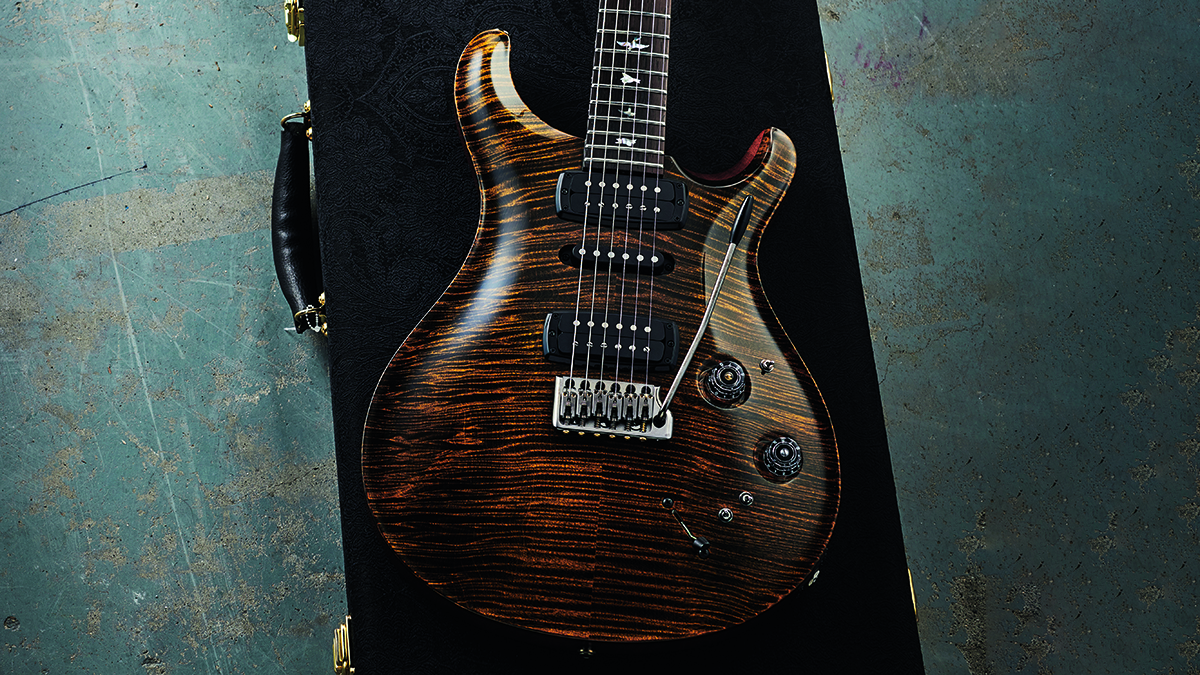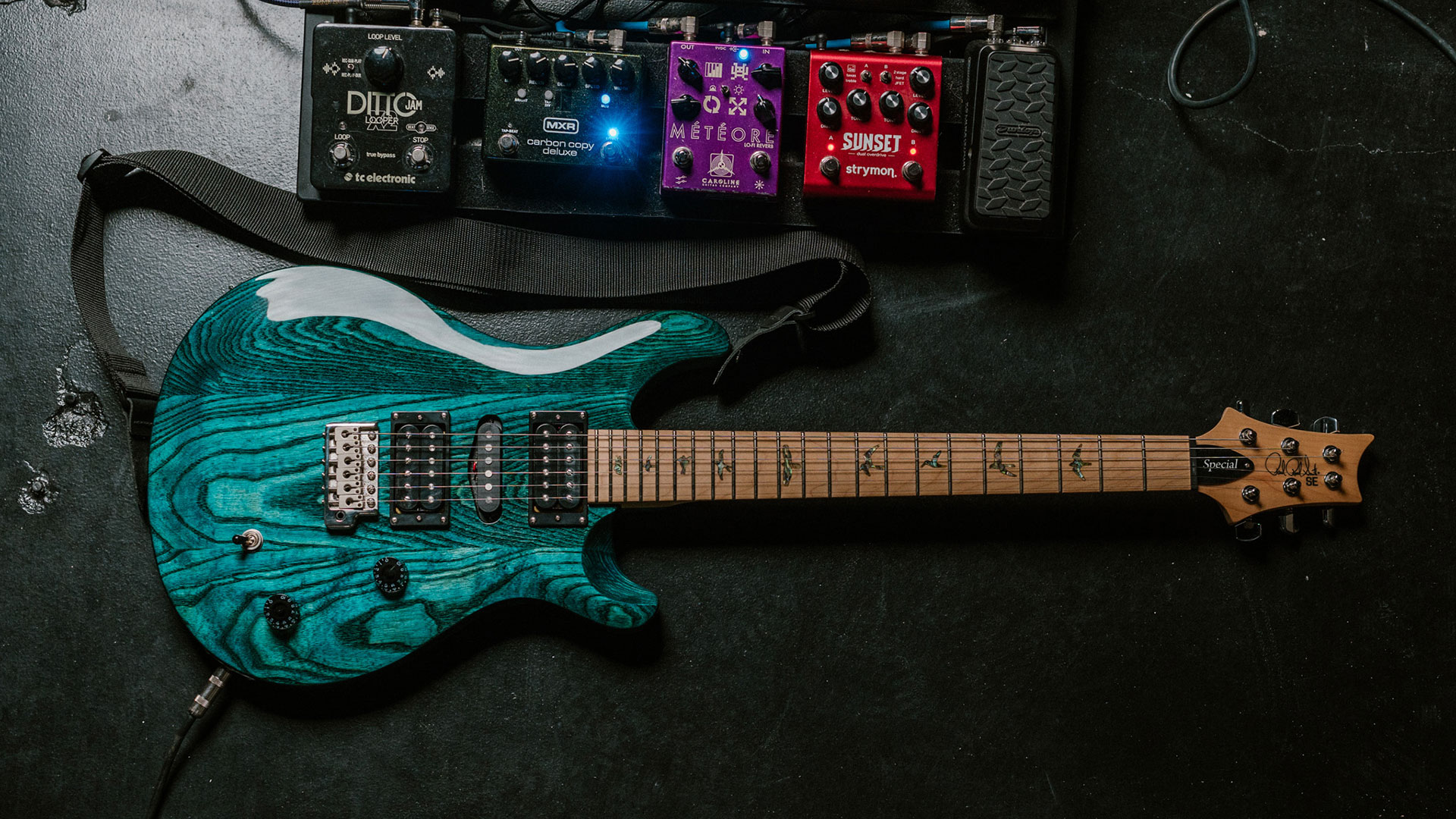
Paul Reed Smith has offered his latest hot take on guitar building: he doesn’t think where a guitar is made matters.
The country in which an electric guitar or acoustic guitar is made has a huge bearing on its eventual price. Not only that, a guitar’s provenance also influences the perception of that instrument.
For example, for many players, a US-made six-string will be viewed as a superior example to an Asian-made alternative. To put that into context, players may look at a USA PRS model, and view it as a better guitar than an SE model that was made in Indonesia.
According to Paul Reed Smith himself, though, this is not entirely true: PRS’ Indonesian range of SE models are of the same caliber of its US range.
“I’ve always believed that it’s not about the country that an instrument is made in,” Smith writes in a new Premier Guitar column. “It’s always been about the skill level of the guitar makers.
“When we first started traveling to overseas guitar-manufacturing facilities, we found that almost all their training over the decades had been to go fast, while our teaching about how to make instruments was about how to go well.
“Once they knew how to go well, they didn’t know how to slow down. And the guitars they produce are of the same caliber as what we make here.”
Smith’s findings extend to other overseas factories. Elsewhere, he recalls visiting Fujigen Gakki – a Japanese manufacturer now renowned for its quality that currently makes guitars for Fender and Ibanez – at a time when Japanese exports were considered “cheap”.
“Now, instruments made in Japan have real cache,” he says. “Not because the country they were made in changed, but because the guitar-making skill level has gotten so much higher. Fujigen at the time when I visited was an extraordinary guitar-making facility. PRS models could easily have been made there, and I knew it when I visited.”

Most of the time, players' opinions of overseas guitars stem from perceptions over shortcomings in factories and workforce. However, Smith is quick to point out the credentials of such a workforce, which has been trained to meet US-level standards.
“What I’ve been deeply concerned about is that we teach our overseas partners how we want instruments to be, using our techniques,” he reveals. “So, as a definitive statement, the country a guitar is made in does not matter much. The skill and care of the instrument makers does matter.
“These foreign instrument-makers take great pride in their work and their products, and, in my experience, want to do a great job.”
Visit Premier Guitar to read the full column.
In an earlier article, Smith told the outlet about how a material used to create fence posts in Guatemala was used to build a high-quality guitar.







